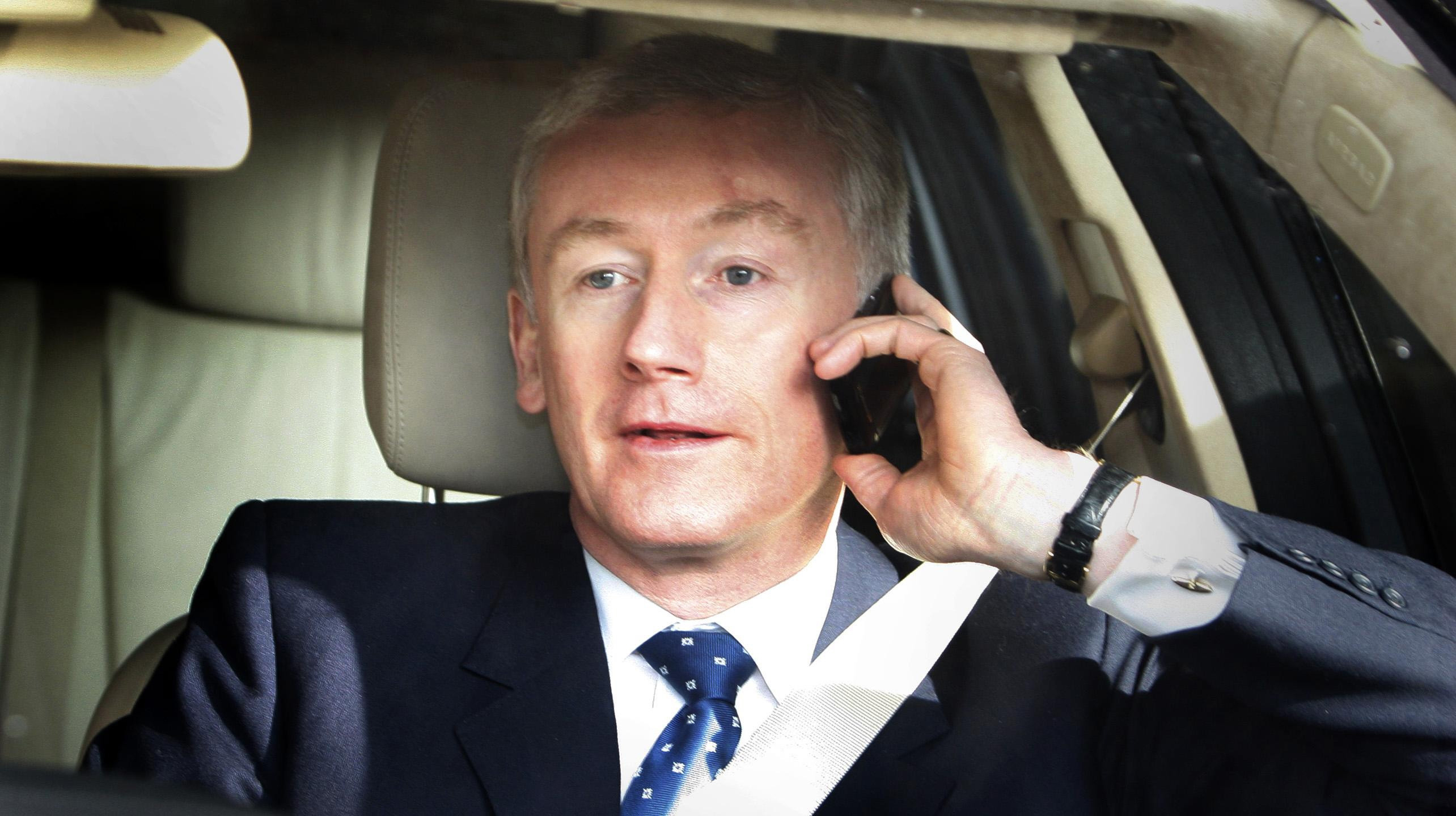
THE Royal Bank of Scotland’s decade of decadence and guilt-free greed is set to continue… after the Treasury gave it the green light to sell off a 7.7% government stake at a loss to the taxpayer of nearly £2 billion.
More sell-offs are planned as this free-spending banking embarrassment tries to return to private ownership.
I have no words, just rage.
Back in 2008, Prime Minister Gordon Brown and his worried Darling of a Chancellor Alistair assured the nation that the eye-watering bail-out sum of £48 billion was money well spent.
Supposedly, it was a great investment and, at the very least, in the event of an eventual sale and return to profit, taxpayers would receive their money back in the fullness of time.
Don’t make me laugh! The only people who will benefit from this deal will be those higher up the food chain – the bonus-busters and greedy elite who run the City.
Cash-rich investors will undoubtedly be rubbing their paws in grinning glee at the prospect of being able to fatten their share portfolios by picking up this stock on the cheap.
This fire sale of shares does absolutely nothing for taxpayers, many of whom have suffered greatly at the hands of the banks these past 10 years, or indeed the country as a whole.
Not a single penny of taxpayers’ cash should have ever been handed over by Brown and Darling to bail out the banks.
Certainly not before receiving legally enforceable guarantees from RBS and the other banks that they would use the “bail-out funds” to help their business customers and personal account holders.
Instead, customers have been treated shabbily by RBS’s GRG – The Global Restructuring Group.
Bank closures and redundancies should have also been outlawed.
How dare they decide to close our branches on the back of money borrowed from taxpayers, without even asking us?
Then, to cap it all off, they rub salt into wounds by ignoring the pleas and demands of our elected representatives at various parliamentary sub-committees.
Bosses’ profit-driven drive towards a cash-free society should also have had the brakes applied until they could actually prove they could run a bank and look after our money without frittering it away.
Time that could have been well spent on making sure the security of contactless cards and online banking was tried, tested and was actually fit for purpose.
Which, at present, it most certainly isn’t. Just ask any one of the 10,000 TSB customers caught up in their online banking fiasco.
Many have just lost all their savings to untraceable online opportunism.
As I have just said, not a single penny should have been given over to bail these banks out unless they first of all agreed to controls and measures that severely limited their profit-driven ways.
The fact no such controls or contracts were put in place by Brown and Darling, the Oliver and Hardy of UK politics, before they decided to splash the cash is an inexcusable act of financial folly.
Now that the horse has bolted, it seems that the stable door of the state-funded RBS is impossible to shut.
That aside, it’s bad enough that natural justice has never been seen to have been served on Sir Fred Goodwin and many others for their inept financial mismanagement, greed and excess.
RBS has been allowed to get away, scot-free, after almost singlehandedly bringing about a devastating recession and plunging the UK into years of austerity.
It was generously bailed out, without contractual controls and guidance, and went unpunished by the then-Labour Government.
From that day to this, it has been allowed to do and say what it wants when it wants, regardless of the huge cost and inconvenience to its customers or indeed the country as a whole.
The fact that these untouchables who now run our once-great banking institutions may also be allowed to sell their shares off, at half their current value, at a loss to the taxpayer (a move, of course, rubber-stamped by a Brexit-pickled Conservative Government), is simply stomach-churning.

Enjoy the convenience of having The Sunday Post delivered as a digital ePaper straight to your smartphone, tablet or computer.
Subscribe for only £5.49 a month and enjoy all the benefits of the printed paper as a digital replica.
Subscribe